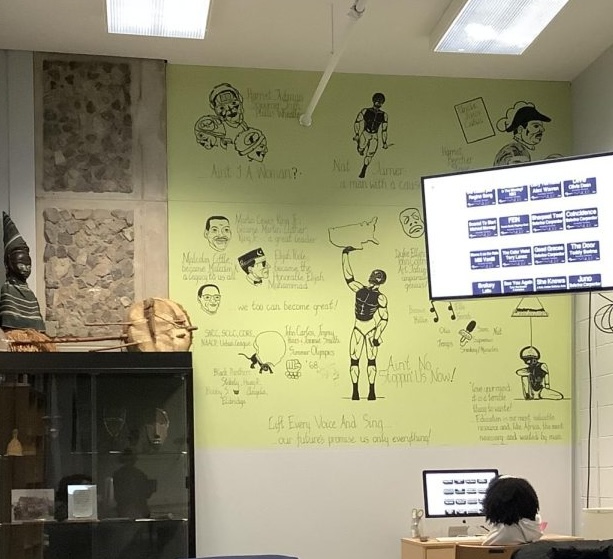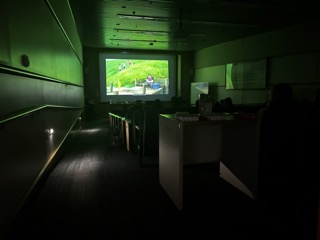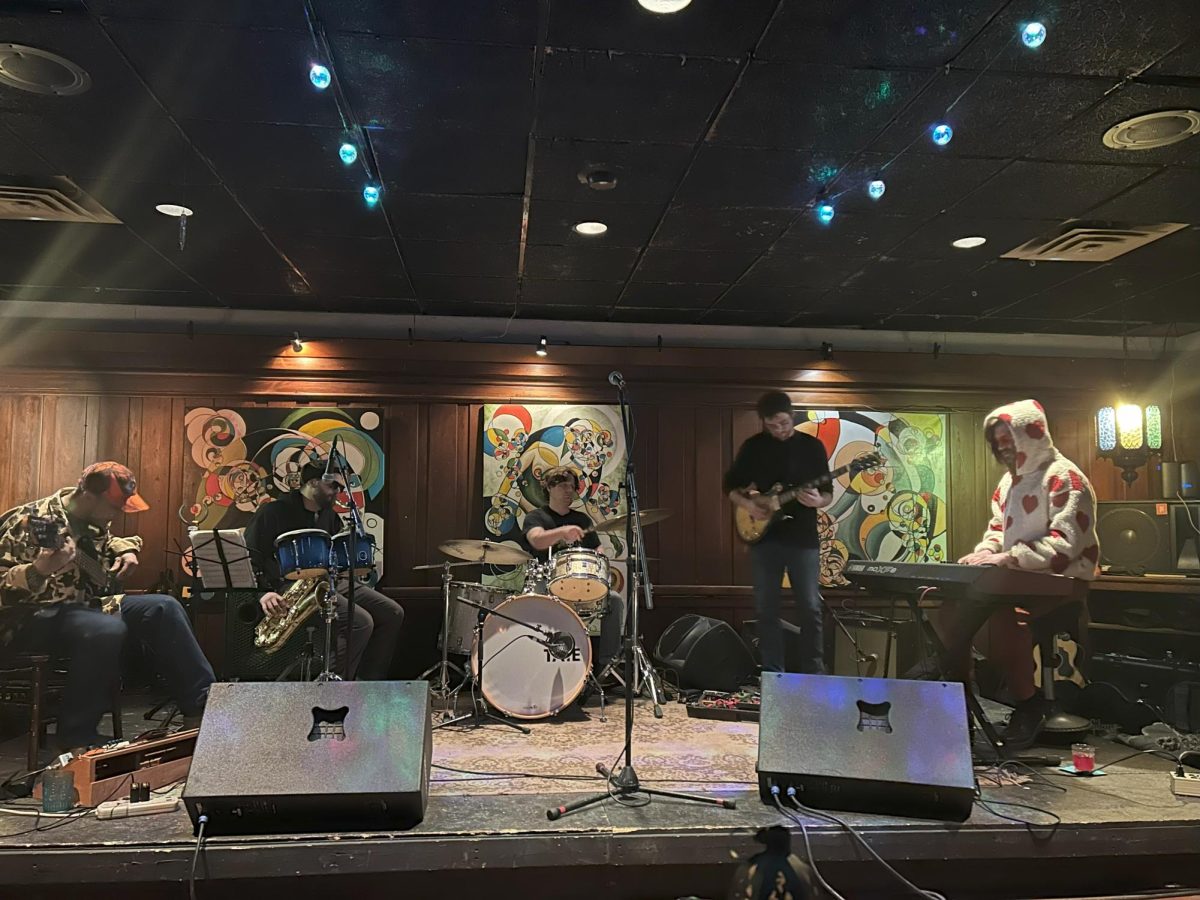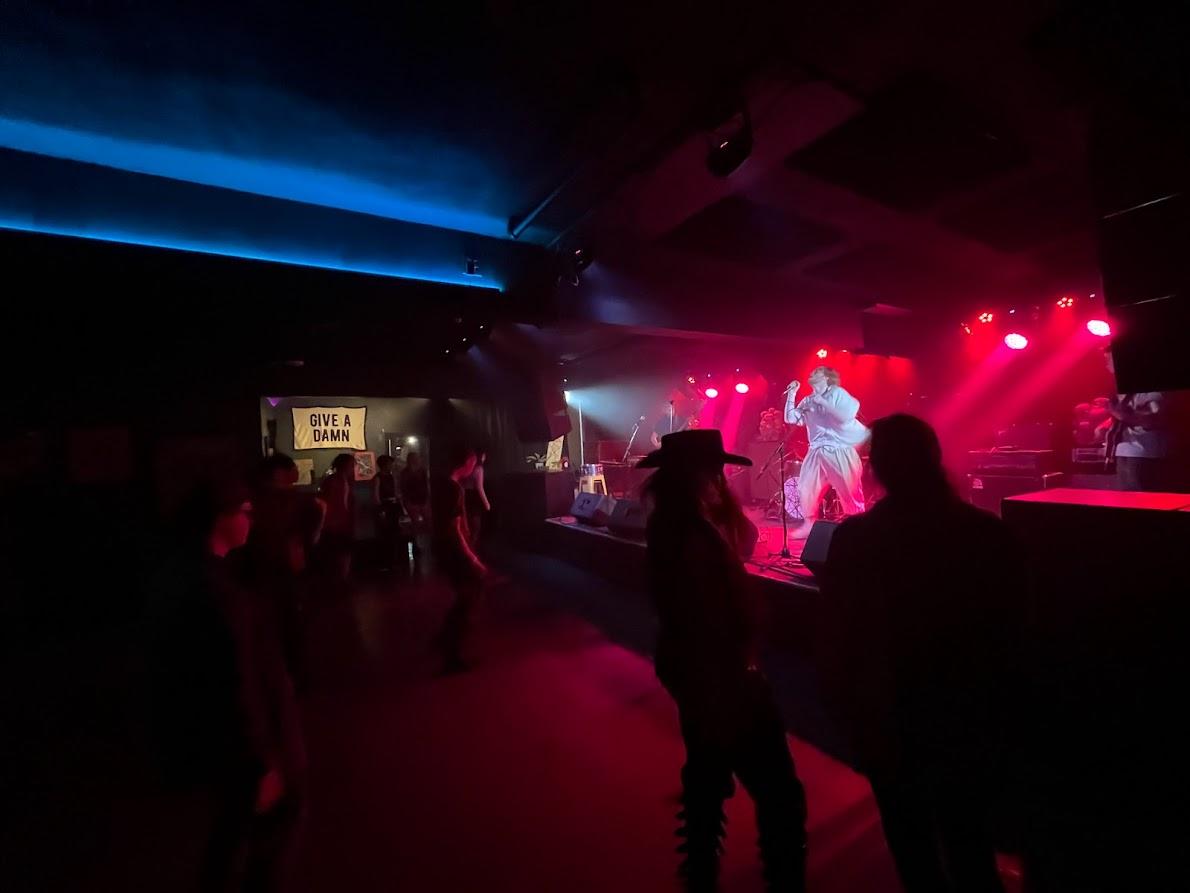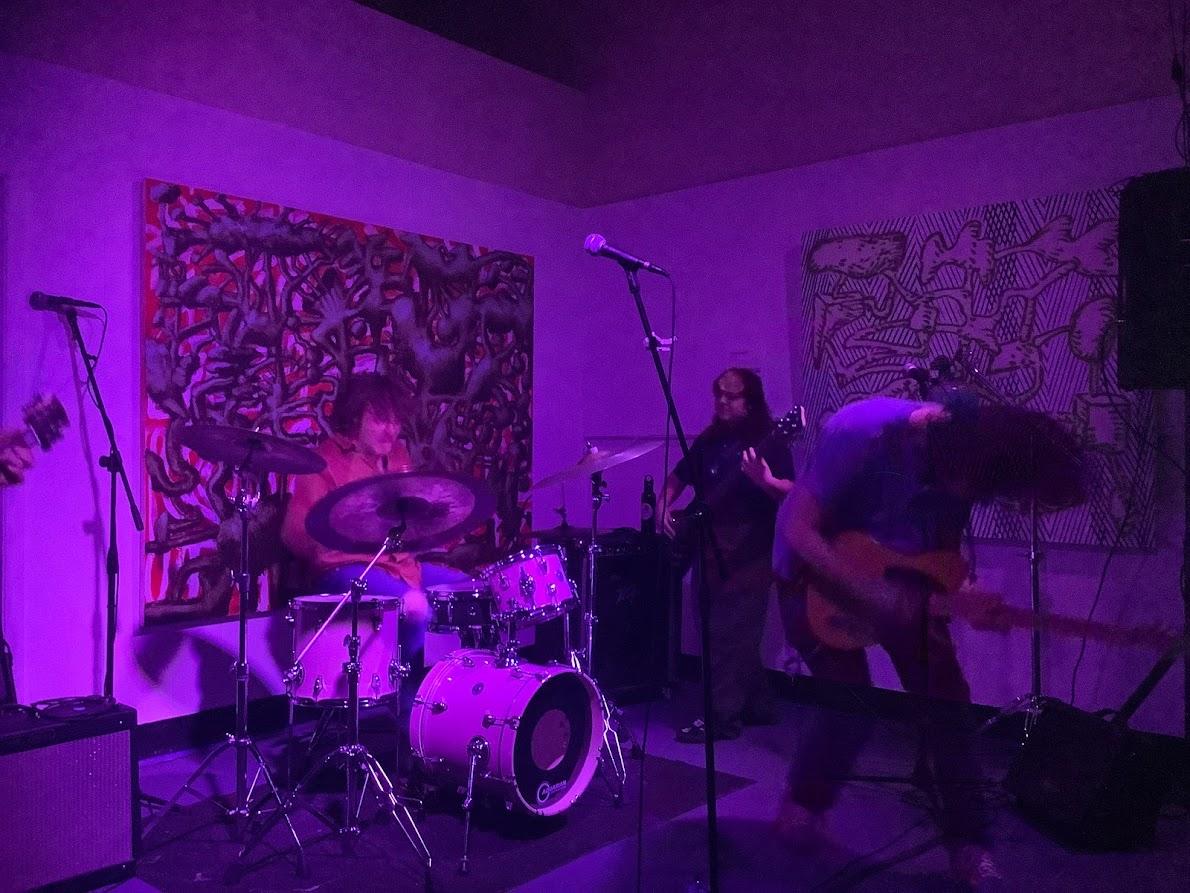Instead of practicing in her professor’s studio in the James J. Whalen Center for Music, congregating with her friends in the Diva Lounge or even struggling through late-night study sessions with her peers, senior Alex Renna spends most of her work time in her Danby Road living room, hoping that when it comes time to sing, her roommates will be upstairs.
“I hate practice rooms,” Renna said. “I have never wanted to be in a practice room more than I do now.”
Renna is a vocal music education student at Ithaca College, where Fall 2020 classes are all being held remotely due to the COVID-19 pandemic. Faculty and students in the School of Music are also grappling with the challenges of teaching and learning music virtually.
Renna said every music student takes a lesson and a repertoire class for their main instrument. She takes voice lessons with Alison Wahl, assistant professor in the Department of Music Performance.
Wahl said that it has been difficult to schedule private lessons with her students this semester because some have inconsistent internet access or do not have comfortable practice spaces at home.
“We can plan all we want, but if the Wi-Fi goes out, you know, there’s not much we can do,” she said.
Renna said it is challenging to plan when she will practice or record herself singing around her roommates’ schedules.
“My living room is my practice room now,” she said. “Whenever I have to practice or record something, I’m like, ‘Hey, you guys can’t watch TV right now. I have to do my school,’ which is difficult, and I feel bad for the people I live with for that.”
Senior Karly Masters, a viola music education major, is also living in Ithaca. She currently lives with two other music students, and she said noise is a huge problem in her house.
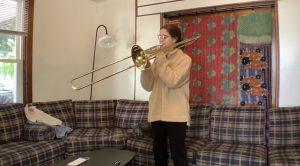
Masters also said that having her viola lessons and secondary instrument classes over Zoom has been challenging.
“As many people might have realized, the quality over Zoom is not too good with the audio, so it’s really hard to pinpoint specific things in your playing that are not really visual, like you can hear intonation, you can hear a lot of stuff, but really just the nuances of your playing is hard to judge over Zoom,” she said.
Matthew Clauhs, assistant professor in the Department of Music Education, said he is structuring his courses mostly asynchronously by packaging all the content into weekly modules.
“My goal is to allow for the greatest amount of flexibility while still providing a very clear structure and expectations for when things are due,” he said.
Clauhs said the biggest challenge for music students is being unable to create music with one another. He said faculty are trying to find creative ways to collaborate virtually. One strategy has been using Soundtrap, an online cross-platform audio workstation.
Renna said that she has been using Soundtrap for chorus and that each student will go into the same project on their own time and record their singing part.
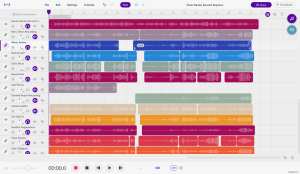
“It can be frustrating at times, just like any technical thing can be, … but it’s definitely a way that we can still keep making music, which I really like,” she said.
Keith Kaiser, interim dean of the music school, said via email that he believes this fall will be much more successful than emergency remote instruction was in the spring.
“While I do believe that remote instruction can be pragmatic and effective, I also recognize the limitations it has regarding experiential learning and personal contact with instructors,” Kaiser said via email.
Wahl said that though it has been harder to connect with her students, virtual learning has also given her a new insight into their worlds at home.
“We have a window into each other’s lives that we always could’ve had if we’d reached a little bit deeper, but now it’s right there for us to touch,” she said.




